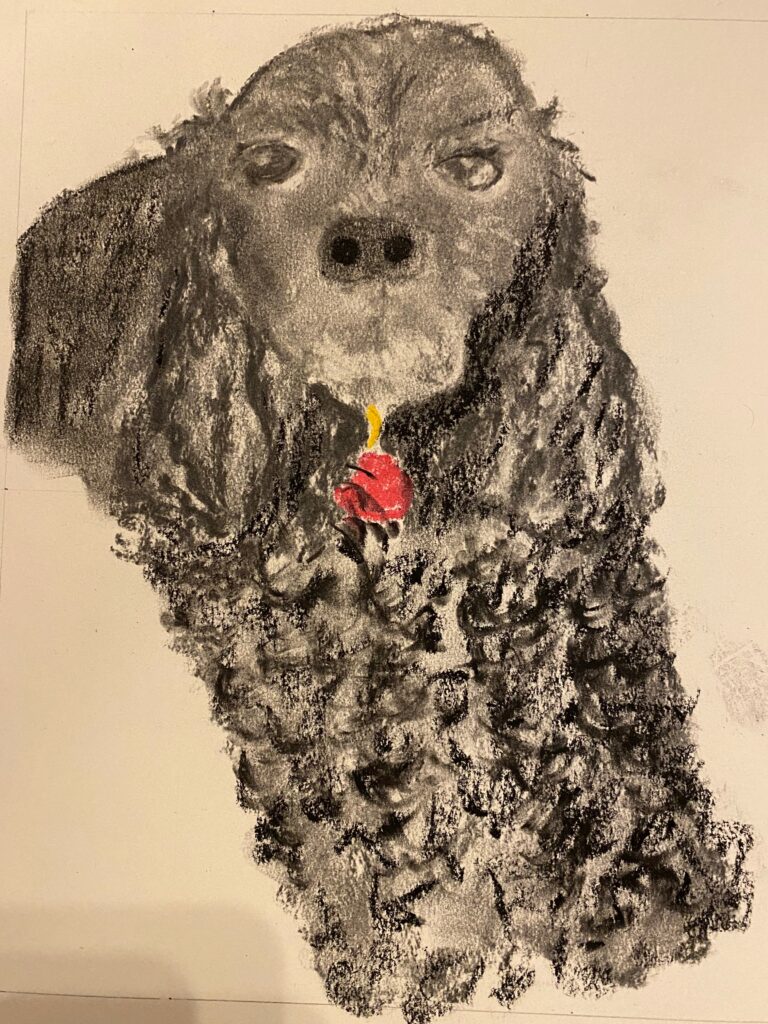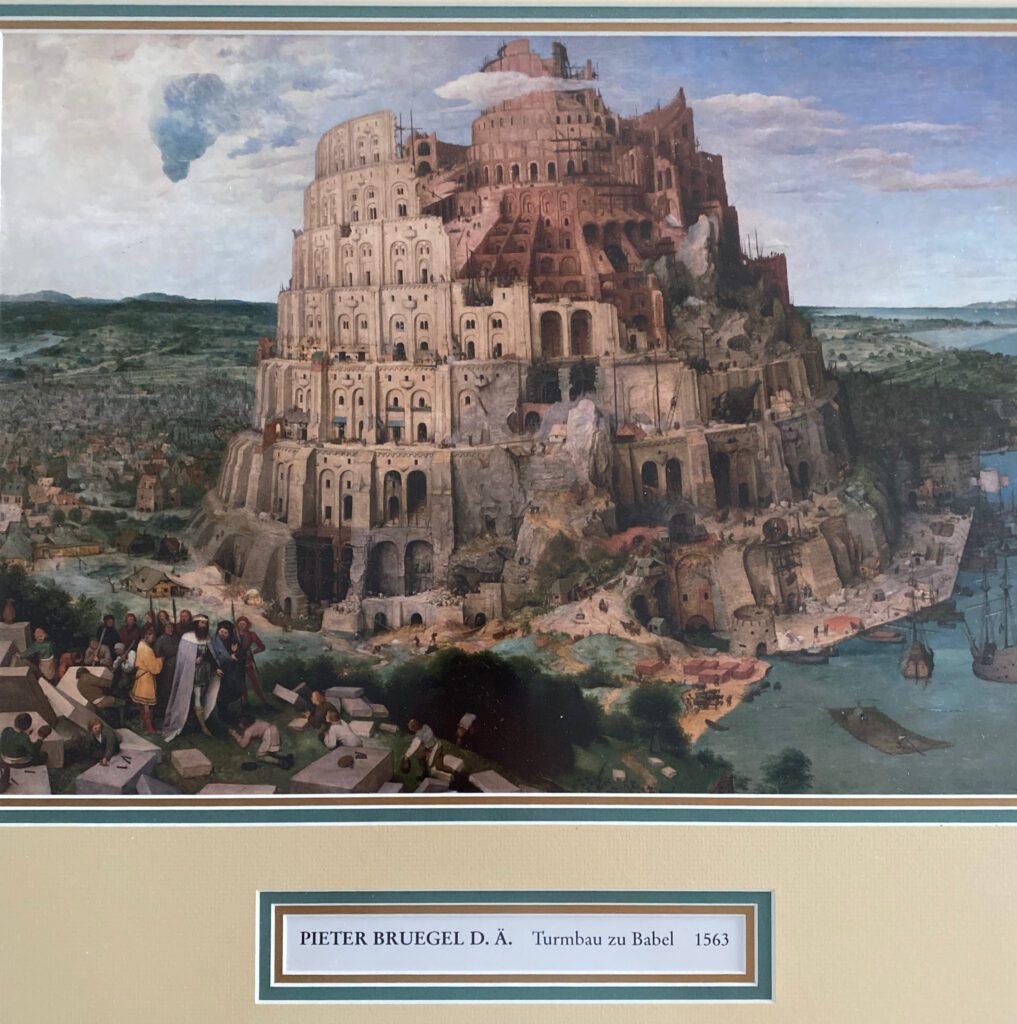Ignorance, Poets and Earth Day
Two years ago I spent time with my daughter’s family in San Francisco during April, a celebratory time for me encompassing several birthdays along with National Poetry Month and Earth Day. It was post Covid and I hadn’t visited the city in four years. The downtown business areas were quite muted with vacant storefronts and a sense of loss. However, the abundant natural areas of beauty remained as did vibrant residential neighborhoods. Its eco-friendly consciousness from outstanding public transportation to recycling, composting, and plastics mitigation efforts are ingrained in the city’s mindset. From an environmental standpoint, our national efforts to address climate change would be far more advanced if we followed San Francisco’s example.
As good as it might sound, San Francisco demographics have changed in the 20 plus years spent dropping into the city for extended visits. Perhaps it’s best summed up on a bus ride during a recent stay. A disheveled rider was getting increasingly aggravated at an oblivious woman speaking loudly on her cell phone. Approaching a stop at the University of San Francisco’s campus, he stood up to exit and stopped for a moment until he caught the woman’s attention. In a resigned but firm voice, he said, “San Francisco use to be a bunch of hippies creating poetry; now it’s a bunch of techies creating ignorance.”
…
Ignorance, Poets and Earth Day Read More »




